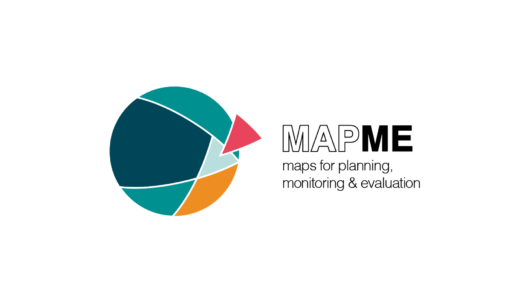KfW Development Bank
At a glance
The KfW has been helping the German federal government achieve its goals in development policy and in international cooperation for over 50 years. Our role in the German development cooperation is two-fold, that of an experienced bank and a specialist developmental institution. We work on behalf of the federal government, primarily the Federal Ministry of Economic Cooperation and Development (BMZ) and the European Union, to support and supervise projects predominantly with state actors in developing and emerging countries – from the concept planning through to the implementation and subsequent success monitoring.
A broad range of funding
The KfW helps partners realise the potential that digitalisation harbours for sustainable development in a variety of different ways. The spectrum of the KfW’s involvement is a broad as the digital technologies themselves. It ranges from fibre-optic cables in Benin through to digital billing in the Tanzanian health sector, a digital land registry system in Azerbaijan and satellite-based monitoring of reforestation in Madagascar. The funding also extends to the establishment of intelligent networks and meters for the energy and water supply, such as in Sri Lanka and Kyrgyzstan.
Transformation for development
In the digital revolution, the KfW does not just see itself as a funding institution, but is itself a learner in a profound transformation process. At the moment, the future digital development landscape is characterised by initial approaches, but there is no question that the future will look very different. A look into the future: a blockchain software developed by the KfW itself facilitates the transparent and secure execution of public investments.
TruBudget
Together with the Federal Ministry of Economic Cooperation and Development (BMZ), the KfW developed TruBudget, a solution that enables the transparent and secure management of the use of donor funds in the development cooperation. In April 2019, the KfW published TruBudget as open source software to open up further possible uses for independent development by interested partners.

MAPME
MAPME (Maps for Planning, Monitoring and Evaluation) is an initiative to promote open source in the use of remote sensing and geodata for impact measurement in development cooperation. The basic idea is to make methods and tools of geodata analysis accessible to all institutions in the international development cooperation and the local partners.

Prevent deforestation with digital geodata management
The Ecuadorian Health Ministry previously had insufficient resources to combat illegal deforestation. As a result, the KfW, on behalf of the Federal Ministry for Environment, Nature Conservation and Nuclear Safety (BMU), supported the establishment of a forest monitoring system with an investment of EUR 5.5 million between 2017 and 2019, which significantly improved the data situation on deforestation.

Digitalisation of the financial sector in Indonesia
As part of the Promoting Innovative Financial Inclusion Programme (PIFIP), KfW is supporting digitalisation in the financial sector in Indonesia on behalf of the German Federal Ministry for Economic Cooperation and Development (BMZ). The programme uses a variety of digital approaches to support the inclusion of previously disadvantaged population groups in the Indonesian financial sector. As reform financing, it strengthens the country’s ownership of the digital transformation process.
